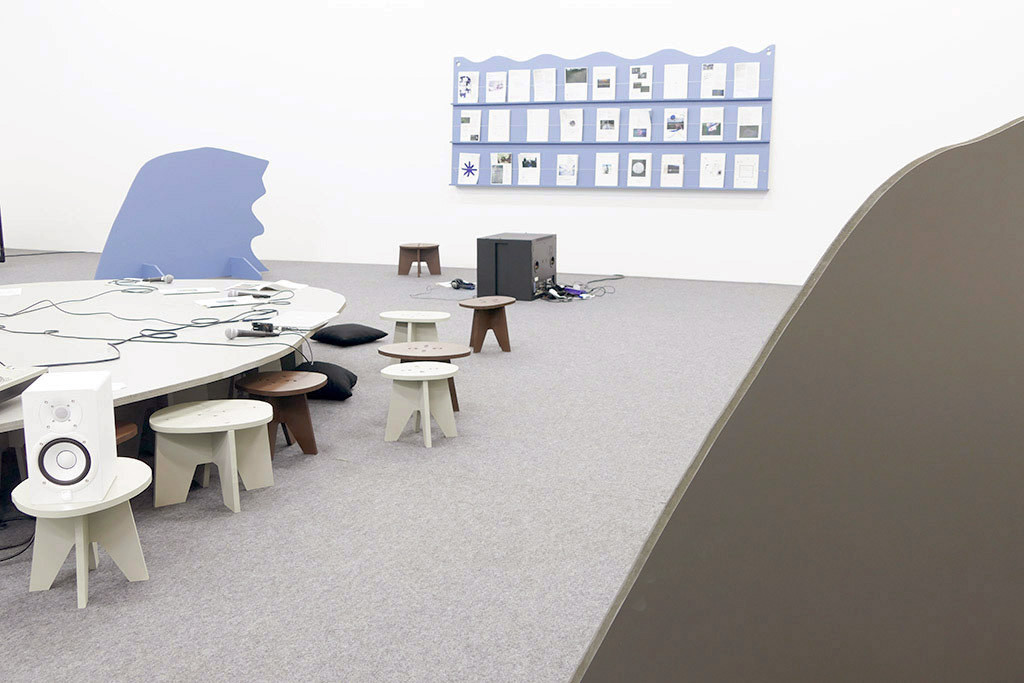Rana Dasgupta, Nanna Heidenreich, Katrin Klingan (The curators): Has the twenty-first-century state brought back mythology? And does truth end with the rhetorical power of untruth?
Slavenka Drakulić: You are obviously referring to changes in the post-Trump, post-truth situation. It suddenly looks depressing, as if all values and even words have an alternative meaning, but perhaps it is a temporary phenomenon. We know from history that one man can put in motion dangerous processes. But there is greater awareness and more concern about the dangers of that nowadays. Even in Trump’s America, fact and rationality still have a chance, if you ask me.
The curators: Can truth be measured? And what measures exist today for proving legitimacy, and fact?
Slavenka Drakulić: Well, the bodies from Srebrenica were counted, and these figures are the facts, part of the truth about the war in Bosnia and Herzegovina. I do not imagine that because of characters like Trump, powerful as they might be, the courts would change the definition of evidence; or that court proceedings would change it, nationally or internationally, unless there is a change in the political system.
The curators: How do you relate truth to a history that goes beyond national narratives?
Slavenka Drakulić: Let me tell you that even twenty years after the wars in the former Yugoslavia ended we still don’t know exactly what happened. We, the citizens in our respective countries, have only what we used to call in former times the “official history.” However, this “official history” is not history, as its creation was under the direct influence of the Communist Party. In the last two decades history has come under the influence of nationalism. In addition, there are also collective memory and the individual memories to count on, often in contradiction to the “official history.” Every other attempt, to write school textbooks for example in a more objective way, failed. Nobody in power is interested in truth, because truth diminishes opportunities for manipulation. It is better to have ideology instead of history. You can always use it to mobilize nationalist emotions.
The curators: What does it mean for the proceedings of international legal institutions like the International Criminal Tribunal for former Yugoslavia (ICTY) in Den Haag when they have to deal with the legacy of nationalist violence?
Slavenka Drakulić: The Tribunal’s capacity were limited and highly symbolic. For me, the most important role of the ICTY was the court’s search for truth about the wars in Bosnia, Croatia, and Kosovo. Every case contributed another fragment of the big picture. If truth had been left to the parties involved, there wouldn’t have been the Srebrenica massacre, the mass rape of women, or the bombing of a bridge in Mostar.
The curators: Where do you see the main obstacle for serving up justice after the wars in the former Yugoslavia?
Slavenka Drakulić: It is very hard to have an independent justice system in a country where the nationalist political elite are propagating the absurd dogma that a soldier defending his/her homeland cannot commit a war crime. The local courts are not so eager to continue the ICTY’s work, and do so only after it is no longer possible to avoid it. The main obstacle is that the “official history” ‒ not truth ‒ still dominates reality as well as the justice system.
The conversation was conducted by Rana Dasgupta, Nanna Heidenreich and Katrin Klingan.
